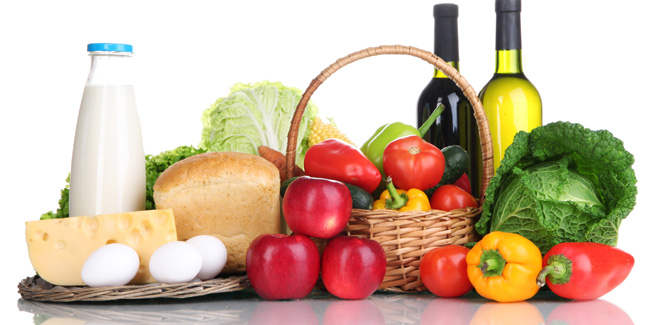A balanced diet is important because your body’s organs and tissues need proper nutrition to work effectively. Without good nutrition, your body is more prone to disease, infection, fatigue, and poor performance. Children with a poor diet run the risk of growth and developmental problems. Bad eating habits can continue for the rest of their lives.
Rising levels of obesity and diabetes are prime examples of the effects of poor diet and lack of exercise. 4 of the top 10 leading causes of death are directly influenced by diet. These are:
Heart disease
Cancer
Stroke
Diabetes
How to achieve a Balanced Diet
At the core of a balanced diet are foods that are high in vitamins, minerals, and other nutrients and low in unnecessary fats and sugars. The following are essential parts of a balanced diet.
Fruits
Besides being a great source of nutrition, fruits make quick and tasty snacks. Choose fruits that are in season in your area—they are fresher and provide the most nutrients.
Vegetables
Vegetables are primary sources of essential vitamins and minerals. Dark, leafy greens generally contain the most nutrition and can be eaten at every meal. Examples include spinach, kale, green beans, broccoli, and collard greens.
Grains
Whole grains, which are prepared using the entire grain, including the hull, provide much more nutrition. Try switching from white to whole-grain breads and pastas.
Proteins
Meats and beans are primary sources of protein, which is essential for proper muscle and brain development. Lean, low-fat meats such as chicken, fish, and certain cuts of beef and pork are the best option. Removing the skin and trimming off any visible fat are easy ways to reduce the amount of fat and cholesterol in meats.
Nuts and beans, such as lentils, peas, almonds, sunflower seeds, and walnuts, are also good sources of protein. Tofu, tempeh, and other soy-based products are excellent sources of protein and are healthy alternatives to meat.
Dairy
Dairy products provide calcium, vitamin D, and other essential nutrients. However, they are also major sources of fat, so it is best to choose reduced-fat or fat-free cheeses, milk, and yogurt.
Oils
Oils should be used sparingly. Opt for low-fat versions of products that contain oil, such as salad dressing and mayonnaise. Good oils, such as olive oil, can replace fattier vegetable oil in your diet. Avoid foods that have been deep-fried in oil because they contain a large number of empty calories.
The USDA highlights these key substances that you should consume less of in order to maintain a balanced diet and a healthy weight. These include alcohol, cholesterol, refined grains, solid and saturated fats, salt and sugars.
Source: www.healthline.com

